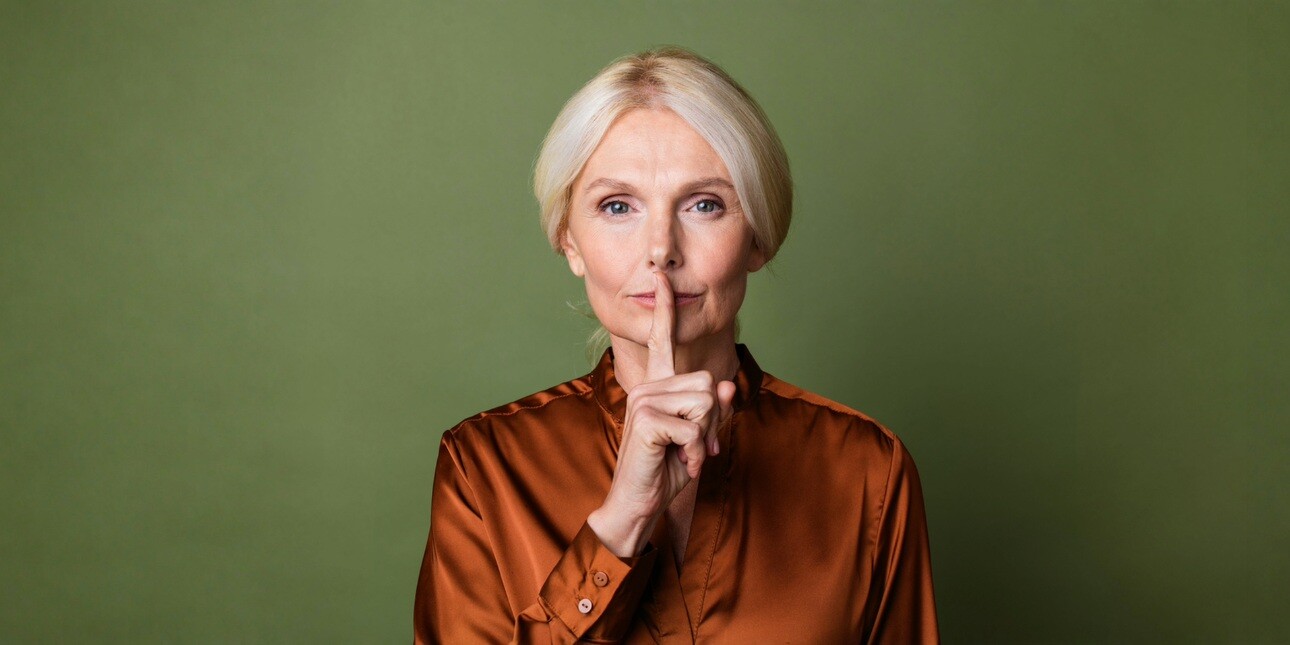Quiet, please. Why not every brand needs to speak up
These days brands are expected to have a voice, take a side and make noisy demands but in reality not every cause deserves a statement from every company.
I don’t know about you, but I’m tired. Not end-of-the week tired, it’s an exhaustion that comes from trying to keep up with everything we’re expected to care about.
I’m not apathetic, but the emotional weight of everything I consume in the media and online is too much. Conflicts, climate disasters, election legacies, data breaches, the list goes on – they all demand a moral high ground. And despite consuming a high volume of media being a vital part of my job, it’s becoming harder to metabolise.
For those of us in communications, it presents an increasingly challenging reality. On one hand, as exhausted storytellers, we want to work with organisations which have something real to contribute. On the other, in a never-ending cycle of ‘pick me’, brands are expected to not just have a voice, but to take a side and make noisy demands.
The fatigue economy
But there’s a catch - we exist in a fatigue economy. Attention is fragmented and increasingly captured online by a singular, polarising voice; trust is hard-earned and fragile; and advocacy risks of becoming ambient noise.
The people we’re trying to talk to are tired. But fatigue isn’t a social failing, it’s a sign of overextension, not disinterest. If I’m bold enough to extrapolate my personal view to the public, I’m convinced we still want betterment, we’re just more selective and savvier to what ‘better’ looks like.
In other words, it’s time to recalibrate, not retreat.
Considering our own evolution, we need to approach our work as part communicator, part sociologist and part consumer. The modern communicator needs to have a seat at the table, not only informing what brands say, but what they do, how they show up and what they risk in doing so.
Our toolkit also needs refreshing. A growing numbness calls for us to balance media moments with more community engagement, move away from bland corporate branding to values-led and personable reputation building and swap perfectly polished words with honest, real-world action.
Think of Lego’s Build Me emotions campaign to support young children’s social and emotional development. It’s a natural extension of what the brand has always stood for – creativity, connection and learning through play. Through donations and training resources it’s helping address the mental health crisis amongst young people. What’s more, it makes sense.
Issue a statement?
On top of this, there’s an uncomfortable truth (for some). Not every cause deserves a statement from every company.
Silence isn’t always compliance.
It can mean clarity and self-awareness, because part of navigating advocacy fatigue is recognising when a brand can credibly contribute to a conversation and when it’s better to act quietly, or not at all.
Now think of Sainsbury’s and its Plan for Better strategy. Sainsbury’s is perfectly placed to champion sustainability, which it does, but at the right volume.
Rather than force-feeding us slogans or moral absolutism, the brand has been quietly going about its business. That means cutting greenhouse gas emissions by more than 50%, reducing food waste and partnering with farmers to support more sustainable supply chains. It hasn’t relied on cause-led marketing to prove its purpose; it is letting progress speak for itself.
In a culture flooded with crises, blindly championing the latest ‘it’ cause does not a solid brief make. Our job isn’t just to make messages land, it’s to make them last. At a time when we’re craving respite from the doom and gloom, any advocacy must be interrogated – ensuring it is earned, internally embedded and set up for long-term impact. Because, when advocacy is done right, it doesn’t drain us, it’s energising and reminds us of why showing up still matters.
Victoria Cameron is senior associate director at PLMR. Victoria also wrote How PRs can help corporates navigate founder brand acquisitions.
Enjoyed this? Read these
‘I set up possibly the first vegan-focused PR agency'
The 50something man has a PR problem
10 ways PRs should be using LinkedIn now the algorithm has changed

